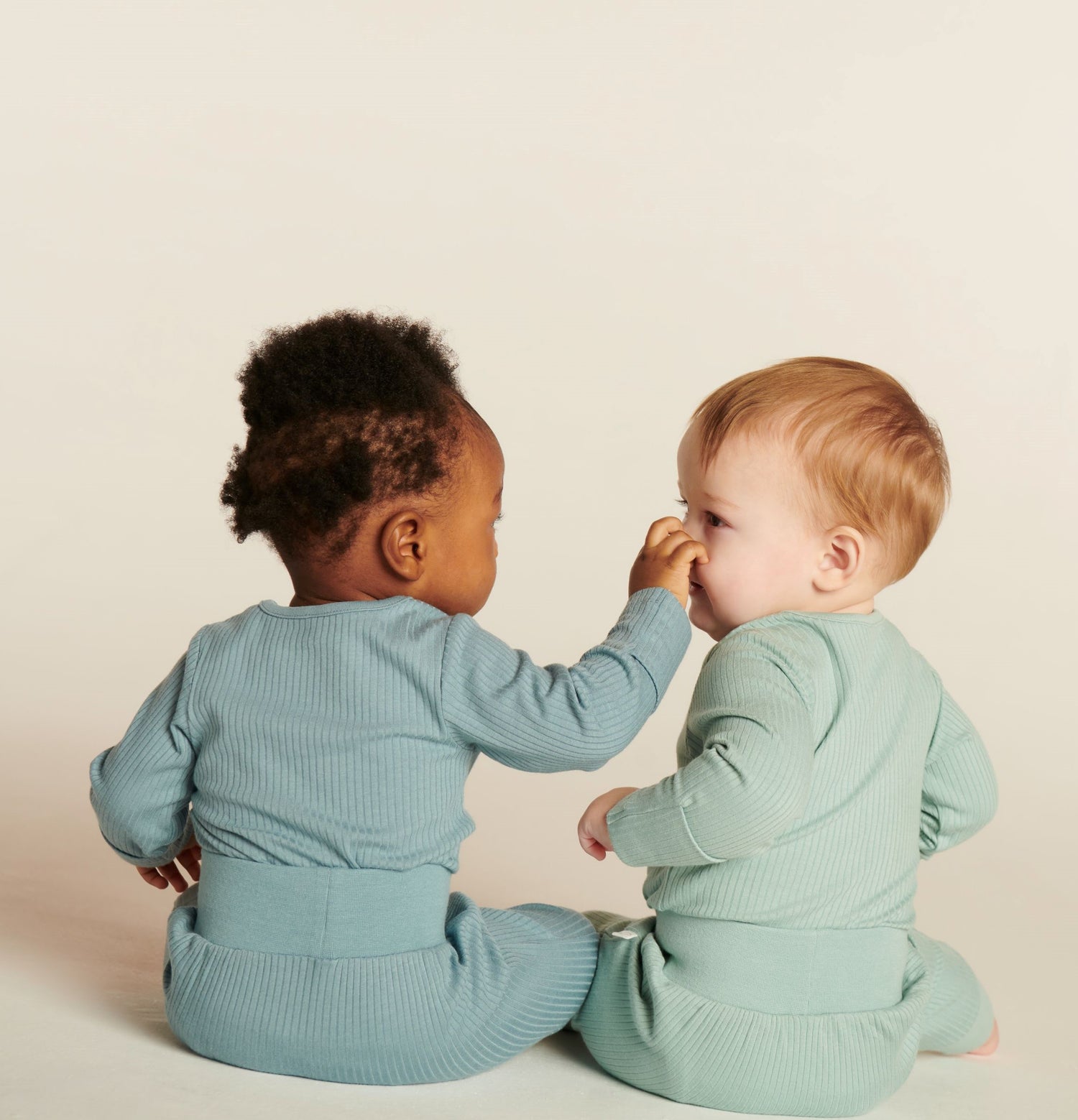
When do kids become independent? Sooner than we think!
Share
We learn about the vision and ethos behind GRASP who aim to promote independence by enabling babies and kids to be active participants in their health and hygiene.
Raising kids is primarily about one thing: creating a safe environment in which children can learn the skills and routines that will help them thrive in independent life. From their eating habits, to getting enough rest, to exercising their bodies and minds, we create lifestyles to help them be healthy and happy as they grow. From the minute you hold your little one for the first time, you know it’s just a matter of time until the day that you might eventually have to let them fly the nest. One day, they’ll take everything you’ve given them and go do it for themselves!

But at GRASP, we think independence begins much earlier in life. In some ways, that seems really clear - babies outgrow nappies, milk feeds, and sleeping 12 hours a day at some point or another! But in other ways, it’s less obvious, and this is especially true when we think about children’s routines.
The tricky thing about raising independent kids is that it often involves a lot of compromise between getting the job done straight away vs. taking longer to teach and practice good habits. Add on to this the fact that encouraging kids to explore their independence can help them become more curious and confident in the world, and take better care of their bodies and the spaces around them, and it becomes clear why a lot of patience is required in raising kids!
One area where people talk a lot about independence is weaning and feeding. Baby-led weaning is an increasingly popular method of letting your baby eat at the pace at which they can feed themselves, and letting them explore different tastes and textures rather than spoonfeeding them pureed foods all the time. In this way, we’re encouraging babies as young as six months to grapple with their independence, figuring out how to coordinate their hands and improve their dexterity while learning to look after their basic needs.

Or take brushing kids’ teeth for example. Dentists recommend supervising - and indeed doing - the job of brushing a child’s teeth until they are 7-8 years old. But you’ll want to encourage your child’s curiosity at having a go at brushing their teeth long before that. Many kids are interested enough to ask to have a go by the time they’re 1-2 years old. So the question is, do you encourage that curiosity, even if it takes longer (and can involve a lot of drool!), or focus on getting the teeth clean as quickly as possible?
We created GRASP because we wanted to make it easier to help parents with that transition to independence when it came to personal hygiene and bathtime. We wanted to create products that would save parents time as they find ways to give kids independence while giving kids a lot more fun in these daily routines as they learn to do things for themselves. We started with Pebbl, our bathtime brush, to put the fun of bathtime in kids hands and we’re thinking about what other daily routines we can tackle next.
The truth is that whatever we’re trying, our babies begin their journey to full independence the moment they’re born - from the moment the umbilical cord is cut, there’s only one way this is going! Rather than fight it - no matter how strong our desire to protect them from the world - the best we can do is let them practise independence as much as possible within safe boundaries. With the right tools for the job, it’s easier sometimes than others - and always requires patience!

